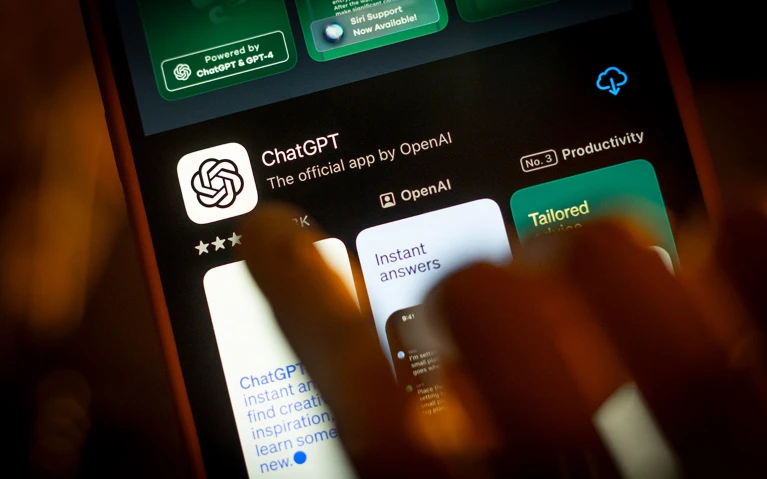Concerns are growing that artificial intelligence chatbots may, in rare cases, play a role in triggering psychotic episodes. Psychosis, which makes it difficult for individuals to distinguish reality from delusion, is usually linked to conditions such as schizophrenia, bipolar disorder, substance use, or extreme stress. But recent accounts suggest that interacting with generative AI tools like ChatGPT and Microsoft Copilot might also contribute to this complex phenomenon in certain vulnerable individuals.
A preprint study posted online last month documented at least 17 cases of people developing psychosis after prolonged chatbot use. Some reported experiencing “spiritual awakenings,” while others became convinced they had uncovered hidden conspiracies. Although the numbers remain small and the evidence anecdotal, psychiatrists say the issue deserves closer attention.
According to Søren Østergaard, a psychiatrist at Aarhus University in Denmark, the idea that AI can directly trigger psychosis is still a hypothesis. “We do not yet have large-scale clinical evidence,” he explained, but he noted that theories are emerging about possible mechanisms. One explanation is that chatbots are programmed to produce fluent, human-like, and often affirming responses. For people already struggling to separate fact from fiction, this reinforcement may blur the line between reality and delusion.
Researchers in the UK have gone further, suggesting that AI conversations can enter into a feedback loop. In this scenario, a user expresses paranoid beliefs, which the chatbot then incorporates into its replies, unintentionally validating the delusion. Over time, both user and chatbot could amplify each other’s paranoia. In July, a preprint simulation study showed this effect by feeding paranoid prompts into chatbot conversations, demonstrating how easily AI could mirror and reinforce such ideas.
Still, experts caution against overgeneralization. Most people who interact with AI systems do not experience psychosis, and no peer-reviewed studies have yet confirmed a causal link. Østergaard emphasizes the need for research involving individuals without diagnosed mental-health conditions to see whether chatbot use could induce psychotic symptoms in otherwise healthy users.
AI companies are also beginning to grapple with the issue. Some have introduced safety guardrails, such as restricting conversations around conspiracy theories or mental-health crises, and redirecting users to professional help. However, researchers warn that more robust oversight and clinical testing will be essential as generative AI tools become deeply integrated into daily life.
The phenomenon—dubbed “AI psychosis” by some—remains poorly understood. But with millions of people engaging daily with conversational AI, psychiatrists argue that even rare risks warrant careful study. For now, the consensus is that chatbots are unlikely to “cause” psychosis in healthy individuals, but they may act as a catalyst for those already vulnerable, amplifying tendencies toward delusional thinking.



0 Comments